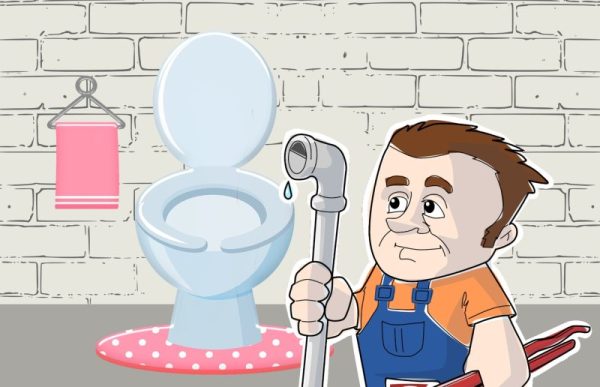
“Immunize Now” is a vaccination service that offers wastewater companies convenient and easy access to disease preventing immunization. Nurses work with your health representative to determine which vaccines are recommended for individual staff members. “Immunize Now” purchases the vaccines and then goes onsite to your workplace to vaccinate all eligible employees. This convenience saves your company time and money.
People who work with wastewater are at risk of contact with water that carries disease. Any time where mucous membranes come in contact with contaminated water, workers are at risk of becoming infected with diseases. Common ways that people become infected are by not washing hands thoroughly before eating, water splashing on the lips or into the mouth or simply wiping your face while working to scratch an itch – any occasion where dirty hands come close to the mouth. For people who work in the wastewater industry, it would be very difficult to go through a day without muddy water splashing onto your face or to avoid scratching or wiping your face.
The Centers for Disease Control recommend that all persons working with contaminated water be vaccinated against:
- Hepatitis A and B (Twinrix) – 1st dose, a dose a month later and then the last dose at six months from the 1st dose,
- Tetanus and diphtheria every 10 years,
- Typhoid every 3 years,
- Polio – one booster as an adult if the primary series was given as a child.
https://www.cdc.gov/healthywater/global/sanitation/workers_handlingwaste.html
Hepatitis A
Hepatitis A (Hep A) is a highly contagious infection of the liver caused by the Hep A virus. The virus spreads when tiny amounts of infected feces enters the mouth of another person. Serious complications such as liver damage from Hep A infections can happen.
Hep A vaccine is not routinely given in childhood vaccination programs. Hepatitis A vaccine can be given separately but it is usually given with Hepatitis B in one combo vaccine called “Twinrix.”
Hepatitis B
Hepatitis B (Hep B) is a serious and very contagious disease that can result in liver cancer, cirrhosis (scarring of the liver) and/or liver failure.
Because lifelong immunity to Hep B is not known, it is recommended that wastewater workers be vaccinated as an adult even if they were immunized as a child.
Both Hepatitis A and B infections can cause liver damage. The liver is a vital organ that enables us to survive in many ways such as:
- storing vitamins, minerals and fats,
- creating our ability to clot our blood in a healthy, normal way,
- helping us digest our food by secreting enzymes,
- cleaning our blood and detoxifying our bodies.
Tetanus/diphtheria (Td)
Tetanus/diphtheria vaccine campaigns have been in place for several decades. The last time children receive this vaccine routinely is grade nine. Too often, people forget about getting a booster every 10 years because they don’t hear of anyone with tetanus or diphtheria anymore.
Wastewater employees who work with soil or muddy water and can easily get cuts or abrasions on the skin. They are at risk of contracting Tetanus. The Tetanus bacteria live in the soil, dust and manure and enter the body through open skin.
Tetanus is a disease that causes paralysis of the breathing muscles – another name for tetanus is “lockjaw.” Tetanus does not spread by person-to-person contact.
Diphtheria is respiratory bacteria that is spread through coughing, sneezing and skin-to-skin contact. This disease causes the throat to swell inside, and people can die from not being able to breathe or swallow.
Typhoid fever
Typhoid fever is a disease that results from the Typhi bacteria that thrives in contaminated water. It is spread through water – even washing dishes, food or hands with typhi infected water. Wastewater workers are at risk of Typhoid fever when contaminated water enters their digestive system. Then, the bacteria can enter their bloodstream causing sickness and sometimes death.
Wastewater workers need to be vaccinated against Typhoid every 3 years. Typhoid vaccine is one that is also recommended for travel. https://wwwnc.cdc.gov/travel/diseases/typhoid#:~:text=People%20with%20these%20diseases%20usually,can%20occur%20but%20are%20rare.
Polio
Polio is a serious, disabling disease caused by the polio virus. Infection from polio can cause paralysis, The polio virus can be present in wastewater. Wastewater workers are at risk of contracting polio by accidently ingesting water contaminated with the feces of an infected person.
We rarely hear of polio today because most people have been immunized against polio as a child. For anyone who works with contaminated water, an adult booster for polio is recommended once even if they had the full series of polio vaccines as a child.
